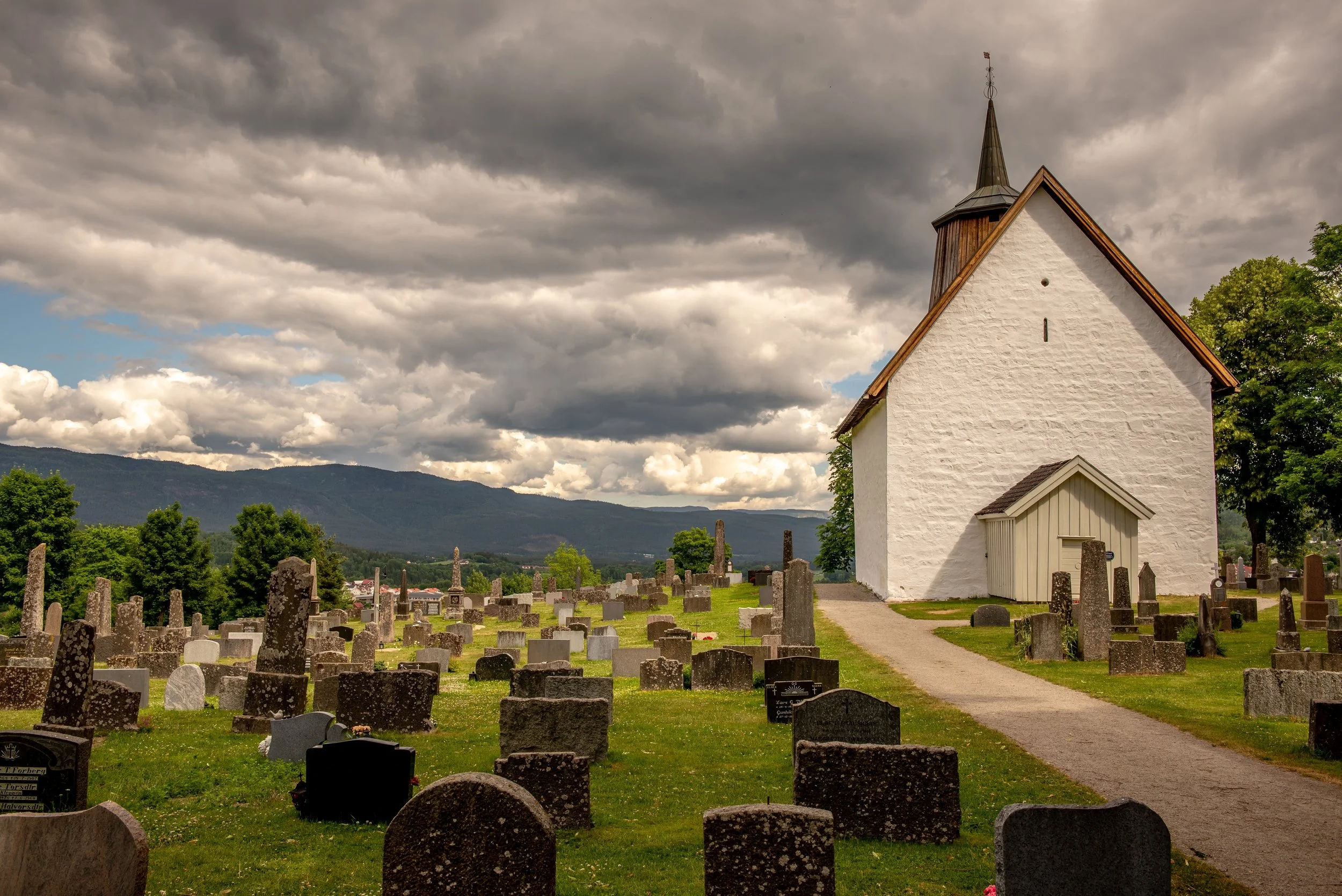It is Holy Week according to the church calendar. Holy Week begins with Palm Sunday and includes Jesus’ last supper, his death, and his resurrection. Christians believe that Jesus’ life and teaching are meant to be formative. So Holy Week traditionally includes a series of special worship gatherings, including Maundy Thursday and Good Friday. For 2,000 years, Jesus’ passion has sparked the imaginations of artists, song writers, writers, and preachers alike. The sheer volume of songs almost necessitate special gatherings.
We gather on Good Friday to specifically have Jesus’ last 24 hours shape our minds and our hearts. Christianity is ironic. Jesus taught that the kingdom of God is here. But the irony, which Paul calls foolish and a stumbling block, is that the kingdom comes in and through Jesus’ death. Jesus’ death on the cross is at the very center of the Christian faith. One Puritan writer beautifully captured this reality in a book title, ‘the death of death in the death of Christ.’
The reality is that Jesus’ death on the cross did something. He accomplished incredibly great things:
Sin is punished; sinners forgiven (Lk. 23:34).
Evil defeated; slaves liberated (Rom. 6:5).
Death destroyed; Life regained (1 Cor. 15:54-57).
Enemies reconciled and made into a new family (Rom. 5:9; Eph. 2:2-3).
Creation reconciled to God (Col. 1:20).
If you read these verses, you’d notice it is impossible to separate Jesus’ death from his resurrection. The two are inseparably linked. So while we gather on Good Friday, we must never just stay there. We are an Easter people, full of song and wonder, who are witnesses to the resurrection. For these reasons, and more, we gather to have Jesus’ passion shape our hearts and minds.
“Worthy is the lamb who was slain, to receive glory and honor and praise.”

